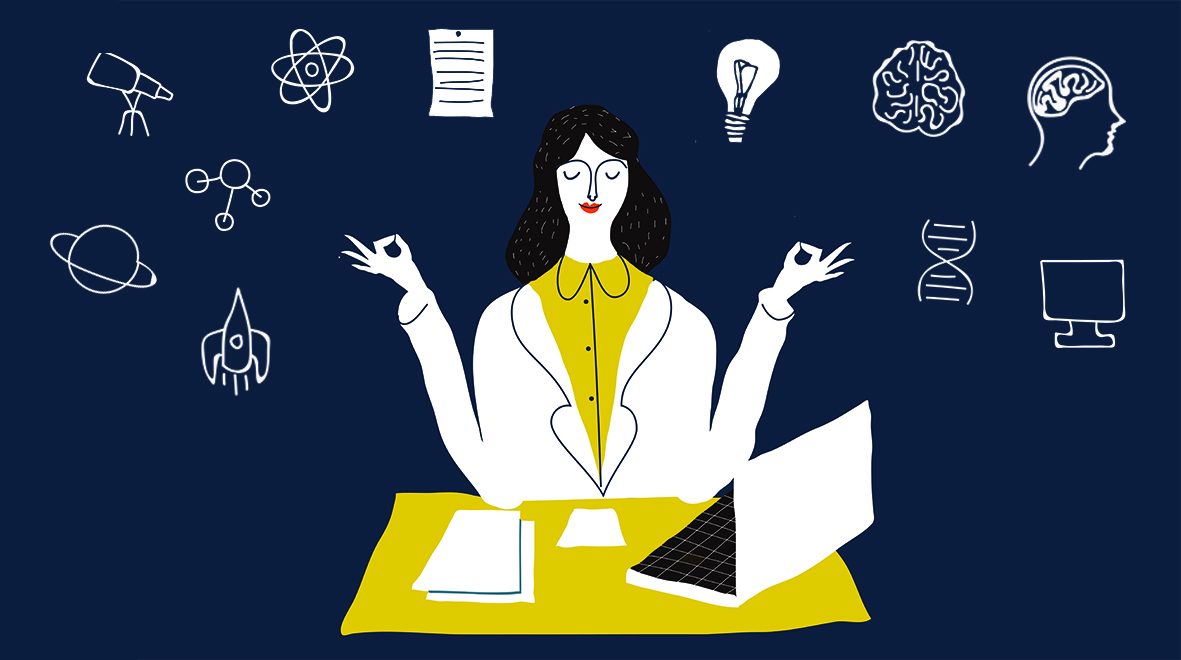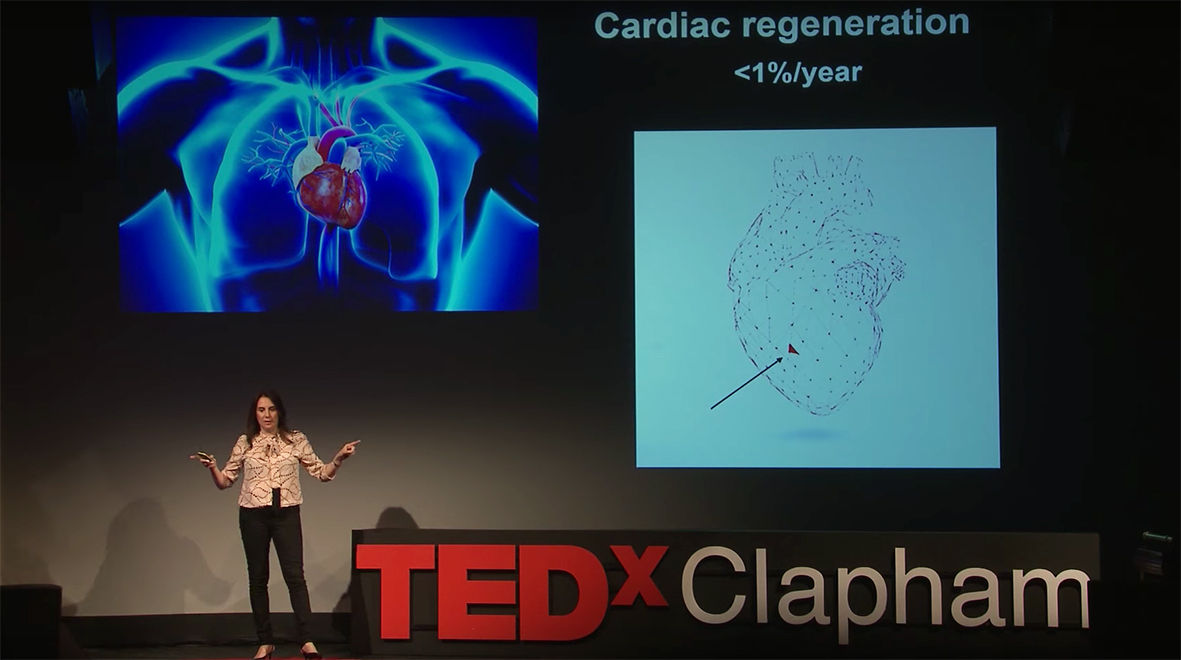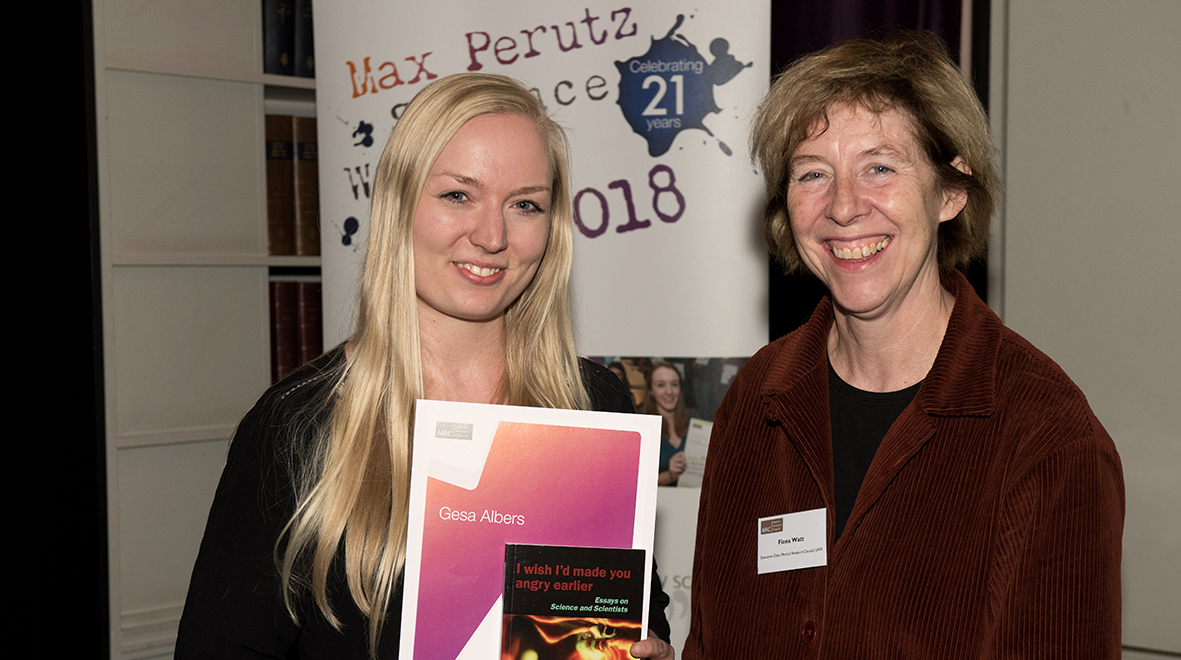
In this post, Dr Sujata Sridharan shares her career path, from graduating with an astrophysics degree to being a postdoc in brain imaging.
I’m not a scientist, not really. At least, that’s what I’ve heard countless times from my non-academic friends, and sometimes even colleagues. I’ve deduced that this belief dates back to my decision to take an MPhys in Physics with Astrophysics as my undergraduate degree.
Physics first
As a (comparatively) fresh-faced 18-year-old, I undertook my first degree at the University of Manchester, (somewhat naively) under the impression that astrophysics involved a lot of actual stargazing. My first year was a pleasant 60:40 split of lectures and laboratory-based work. Albeit the latter was rather generalised; at one point I remember making a hologram of a bronze Buddha statue for no apparent scientific reason. My main concern at that point was that I hadn’t yet bumped into Brian Cox, who had recently taken up teaching duties at the university in between – what we physicists considered – glamorous filming of the ‘Wonders of the Universe’ documentary series. (more…)
Read Back down to earth: From astrophysicist to desk-bound medical scientist in full










